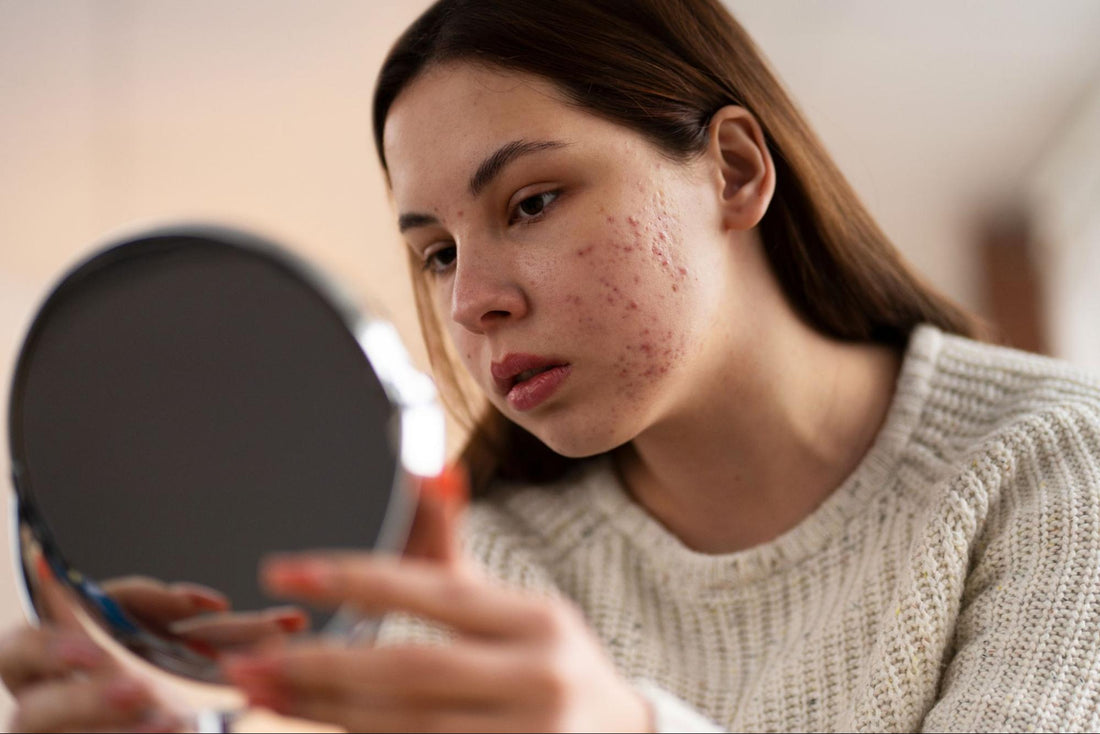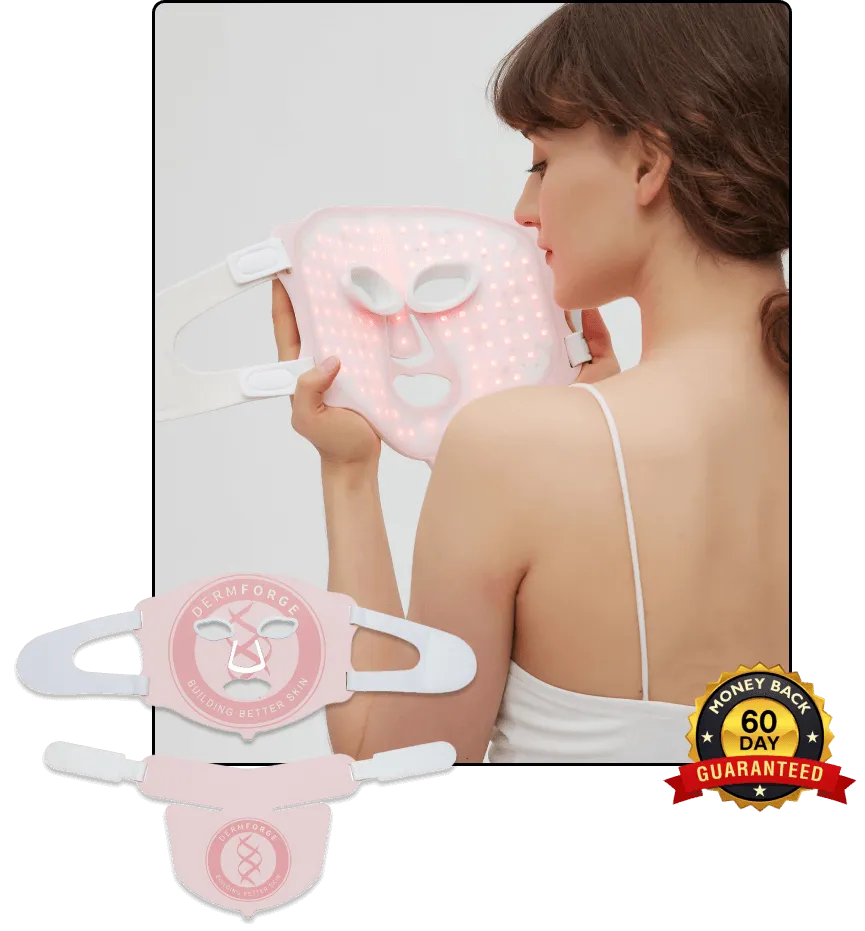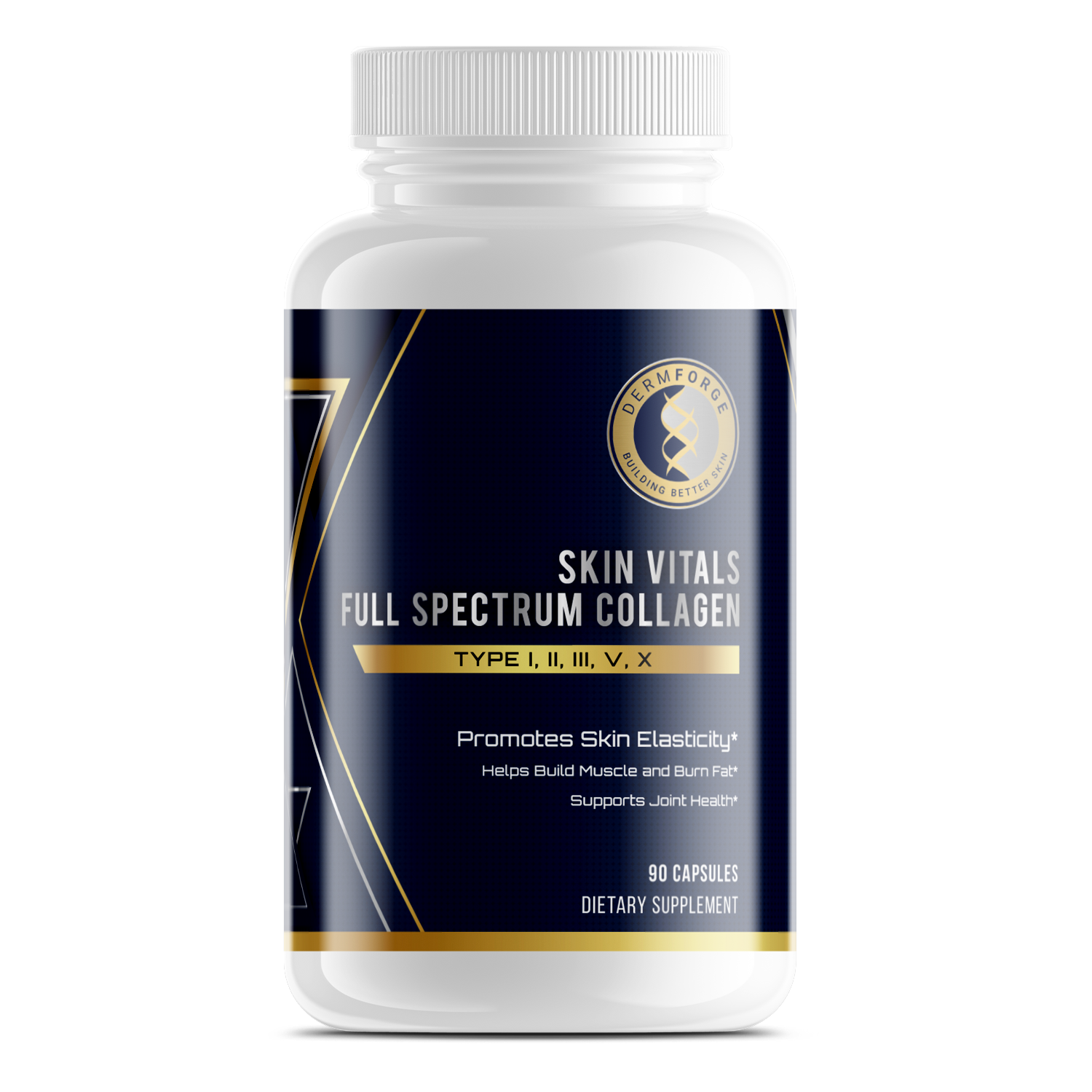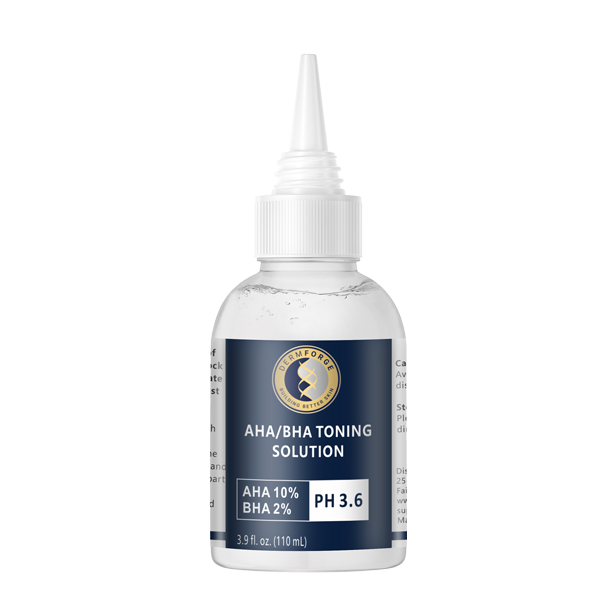
Trying to find the perfect sunscreen for acne-prone skin can feel like an uphill battle, to say the least. The wrong product might leave you with clogged pores and breakouts, however, the right sunscreen will do so much more than just shield your skin from the sun’s UV rays.
Wearing sunscreen is extremely important for your skin health. Not only will the right sunscreen reduce inflammation, but it could prevent skin issues like dark spots. In this article, we’ll go over everything you need to know about choosing the best sunscreen for acne-prone skin. Let’s get started!
Why Wearing Sunscreen is Necessary if You Have Acne-Prone Skin
If you have acne-prone skin, you might be tempted to skip sunscreen. After all, many sunscreens are greasy — so you might worry that it’ll make your skin oilier or aggravate your current breakouts.
Skipping sunscreen always does more harm than good, though. Let’s take a look at some of the reasons why wearing sunscreen is so important below (no matter what your skin type is):
Protects against UV damage
Sun exposure can make acne worse by increasing skin inflammation and triggering excessive oil production (which clogs pores). Even though the summer sun might initially dry out your skin, leading to fewer pimples temporarily, the long-term effects often result in more breakouts and irritation.
Prolonged exposure to the sun’s UV rays can also darken your acne scars. This means they’ll be more difficult to fade (though, blue light therapy could be a very helpful solution in this case). Not wearing sunscreen also increases the risk of skin cancer, so you should never skip wearing it.
Sensitive skin needs extra care and protection
Many acne treatments (such as retinol or benzoyl peroxide) can make your skin extra sensitive to the sun. Without proper protection, you risk experiencing burns, irritation, and even premature aging.
A good sunscreen will basically act as a shield against the sun. By applying sunscreen every day, you’ll be ensuring that your acne treatments are working effectively (and that you’re not inadvertently doing more damage to your skin).
What Makes a Sunscreen Suitable for Acne-Prone Skin?
While wearing sunscreen in the first place is the most important thing, there are some sunscreens that are more suitable for acne-prone skin than others. Here are a few things you’ll want to keep an eye out for when shopping for sunscreen:
Oil-free formulas
Make sure to choose sunscreens that are labeled as “oil-free” or “non-comedogenic.” These formulations are designed to prevent clogging pores, which is a common trigger for acne breakouts.
SPF 30
While higher SPFs provide slightly more protection against the sun, SPF 30 is usually sufficient. It blocks about 97% of UVB rays, and provides strong protection without the risk of extra irritation from higher SPF chemicals.
Lightweight chemical sunscreens
Chemical sunscreens that contain ingredients like octinoxate, avobenzone, or octisalate absorb UV rays and often dry invisibly, so they’re great for oily skin. Since they’re lightweight, they won’t feel greasy or heavy, either.
Avoid certain ingredients
You’ll also want to steer clear of products with oxybenzone, phthalates, and nano-particles of zinc oxide or titanium dioxide. These can irritate sensitive skin and contribute to clogged pores.
Water resistance
Whether you’re sweating during a workout or enjoying a nice swim in the ocean, wearing a water-resistant sunscreen is always a good idea. It’ll ensure that your skin stays protected, and you won’t have to reapply it as frequently.
The Benefits of Using Sunscreen for Acne-Prone Skin
A high-quality sunscreen that’s specifically made for acne-prone skin might be hard to find, but it’s definitely worth looking for. Here are some of the ways that wearing the right type of sunscreen could benefit your skin health:
Prevents breakouts
Non-comedogenic formulas minimize clogged pores. This will reduce the likelihood of your acne flaring up.
Fades dark spots
Dermatology experts recommend looking for sunscreens with added niacinamide or vitamin C to help lighten post-acne marks and prevent further skin discoloration.
Protects the skin barrier
A hydrating, oil-free sunscreen will help maintain your skin’s moisture balance (whether you have dry skin or oily skin).
Chemical vs. Physical Sunscreens: Which is Better for Acne-Prone Skin?

Sunscreens fall into two main categories: chemical and physical (physical sunscreen is also called “mineral sunscreen”). Each type of sunscreen has its pros and cons, which are especially important for people with acne-prone skin to consider. Let’s take a closer look below:
Chemical sunscreens
Chemical sunscreens work by absorbing UV rays and converting them into heat. They tend to be lightweight, invisible, and fast-absorbing, so they’re an excellent choice for people with acne-prone skin. However, people with sensitive skin might experience irritation from certain chemical ingredients.
Physical sunscreens
Physical sunscreens use zinc oxide or titanium dioxide to create a physical barrier that deflects the sun’s UV rays. While they’re effective and often soothing for sensitive skin, their thicker texture can sometimes clog pores (and might even leave a white cast), especially if not formulated for oily or acne-prone skin types.
Why You Should Wear Sunscreen Year-Round
One common misconception is that it’s only necessary to wear sunscreen on sunny days. In reality, UV rays can penetrate through clouds and even windows. This means your skin is at risk year-round. If you have acne-prone skin, daily sunscreen use is particularly important to prevent hyperpigmentation.
You should make it a habit to apply a broad-spectrum sunscreen with SPF 30 or higher every morning, even if you’ll be staying indoors most of the day. Reapply it every two hours, especially if you’re spending time outside or wearing makeup.
How to Choose a Sunscreen Based on Your Skin Type
Not a lot of people take their skin type into consideration when buying sunscreen. This is why a lot of people end up using the wrong sunscreen. Here’s some guidance for picking out the right sunscreen based on your skin type:
Oily skin
For oily skin, opt for oil-free, lightweight formulas. Gel-based or matte-finish sunscreens are excellent choices, as they help control shine throughout the day.
Dry skin
If you have dry skin, look for sunscreens with added hydrating ingredients (like hyaluronic acid or glycerin). These active ingredients can help maintain moisture without leaving your skin feeling greasy.
Combination skin
Combination skin is a bit trickier because it requires a balanced approach. Lightweight sunscreens that hydrate without clogging pores will work best in this case.
Sensitive skin
If you have sensitive skin, physical sunscreens with zinc oxide will be ideal because they can provide soothing protection against the sun. Avoid chemical sunscreens with ingredients that are known to irritate the skin, like oxybenzone.
A great option to check out is DermForge’s SPF 50 UV Shield Sunscreen that comes in White and Tinted – it protects your skin from sun damage and nourishes it with the best skincare ingredients like zinc oxide, niacinamide, hyaluronic acid and much more!
Active Ingredients to Look For in Sunscreen for Acne-Prone Skin
To make absolutely sure that your sunscreen is going to support your acne-prone skin, we’d recommend looking for the following ingredients while shopping for sunscreen. We’ve mentioned these ingredients briefly already, but it’s worth reiterating:
Niacinamide
Niacinamide helps reduce inflammation and can even fade dark spots over time. With consistent sunscreen use, you’ll probably notice that your skin tone is more even-looking, which is a huge plus.
Hyaluronic acid
This ingredient will hydrate your skin without making your skin greasy. It’ll also help to reduce wrinkles and fine lines if you’re using facial sunscreen that contains hyaluronic acid.
Vitamin C
We’d highly recommend choosing a sunscreen that contains vitamin C, since it helps to brighten skin tone. It also reduces the appearance of acne scars.
Zinc oxide
Zinc oxide is found in mineral sunscreens. It soothes sensitive skin while providing strong UV protection.
Tips for Using Sunscreen
Putting on sunscreen might seem pretty straightforward, but many people actually don’t apply sunscreen correctly. Either they aren’t applying enough, or they don’t reapply frequently enough. Here are some tips you can follow:
Apply generously
Use about a nickel-sized amount of sunscreen for your face and a shot glass worth of sunscreen for your body. Usually, you’ll need to apply more sunscreen than you think you do!
Reapply frequently
It’s recommended to reapply sunscreen every two hours. If you’re swimming or running around a lot (i.e. sweating), you may want to reapply it even more frequently (maybe every hour or so).
Layer properly
If you’re wearing makeup, you might want to consider using a tinted sunscreen or a setting spray with SPF to touch up during the day.
Conclusion
If you have acne-prone skin, trying to choose the right sunscreen might feel like an overwhelming or stressful process. However, it doesn’t have to be! Now you have all the information you need to make the right choice when it comes to buying sunscreen for your acne-prone skin.
Remember to focus on non-comedogenic, oil-free, and lightweight formulas that will work best for your specific skin type. Consistency is important, too — you’ll need to wear sunscreen every day for it to be effective, even if it’s cloudy outside.
If you’d like to learn more about skincare, sunscreen, supplements, and light therapy, feel free to check out our blog.
We also have plenty of light therapy devices and skin care products available for people with acne-prone skin – visit our website and explore your options now.






